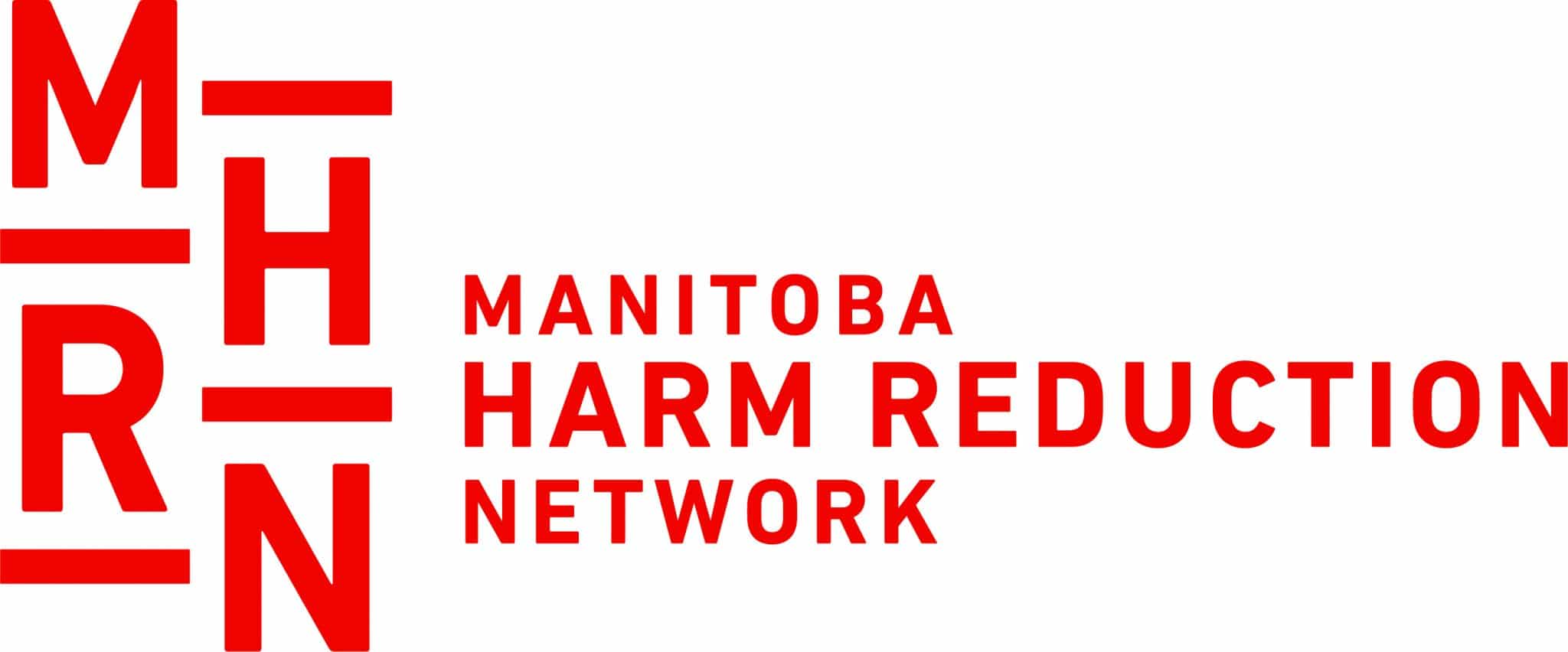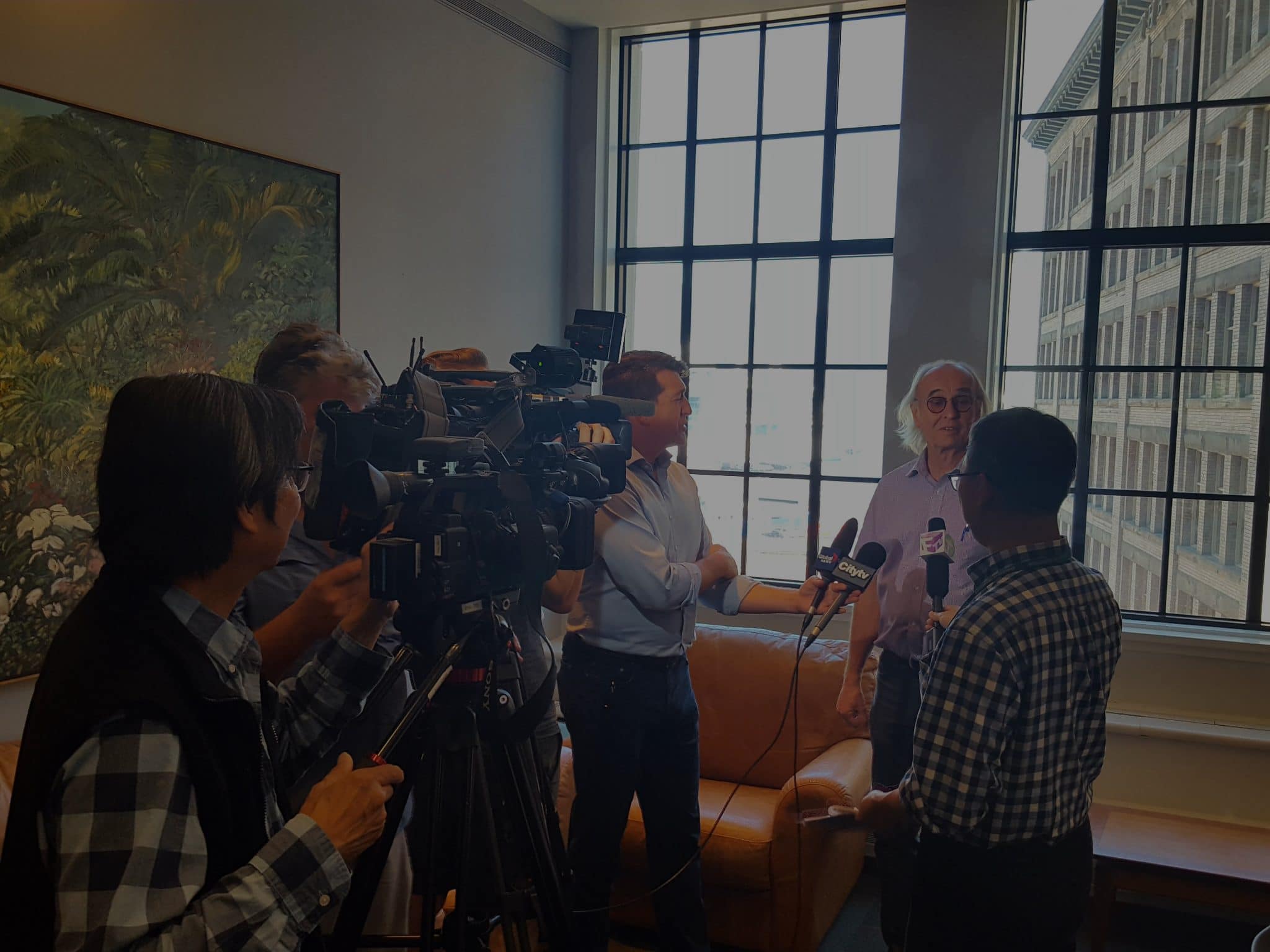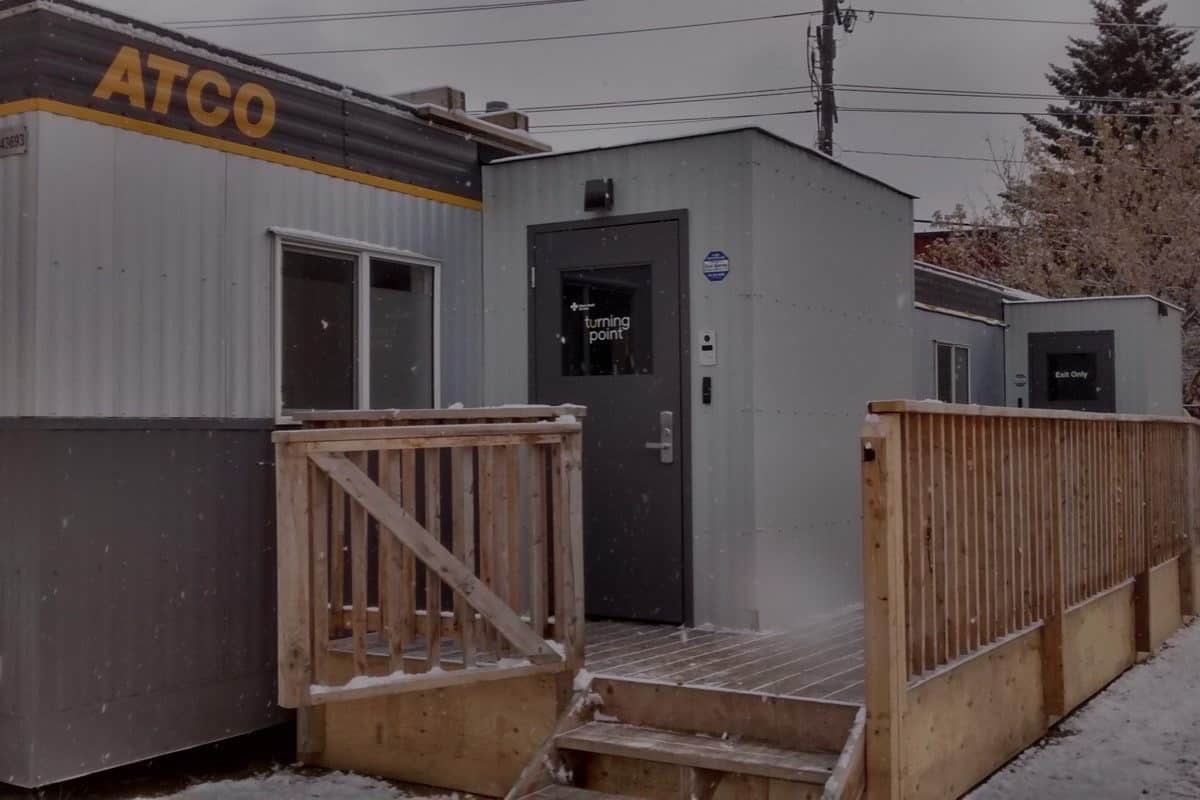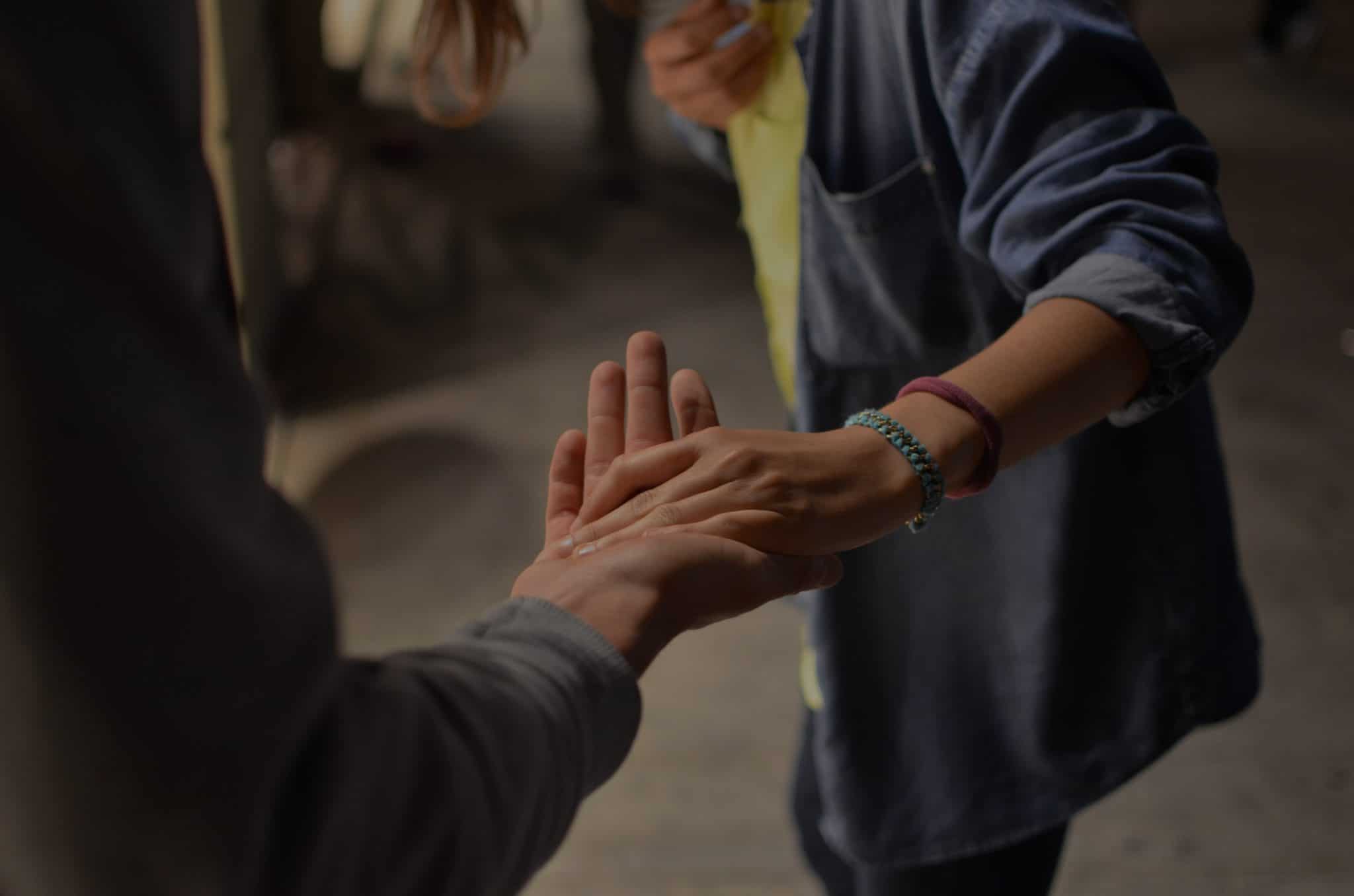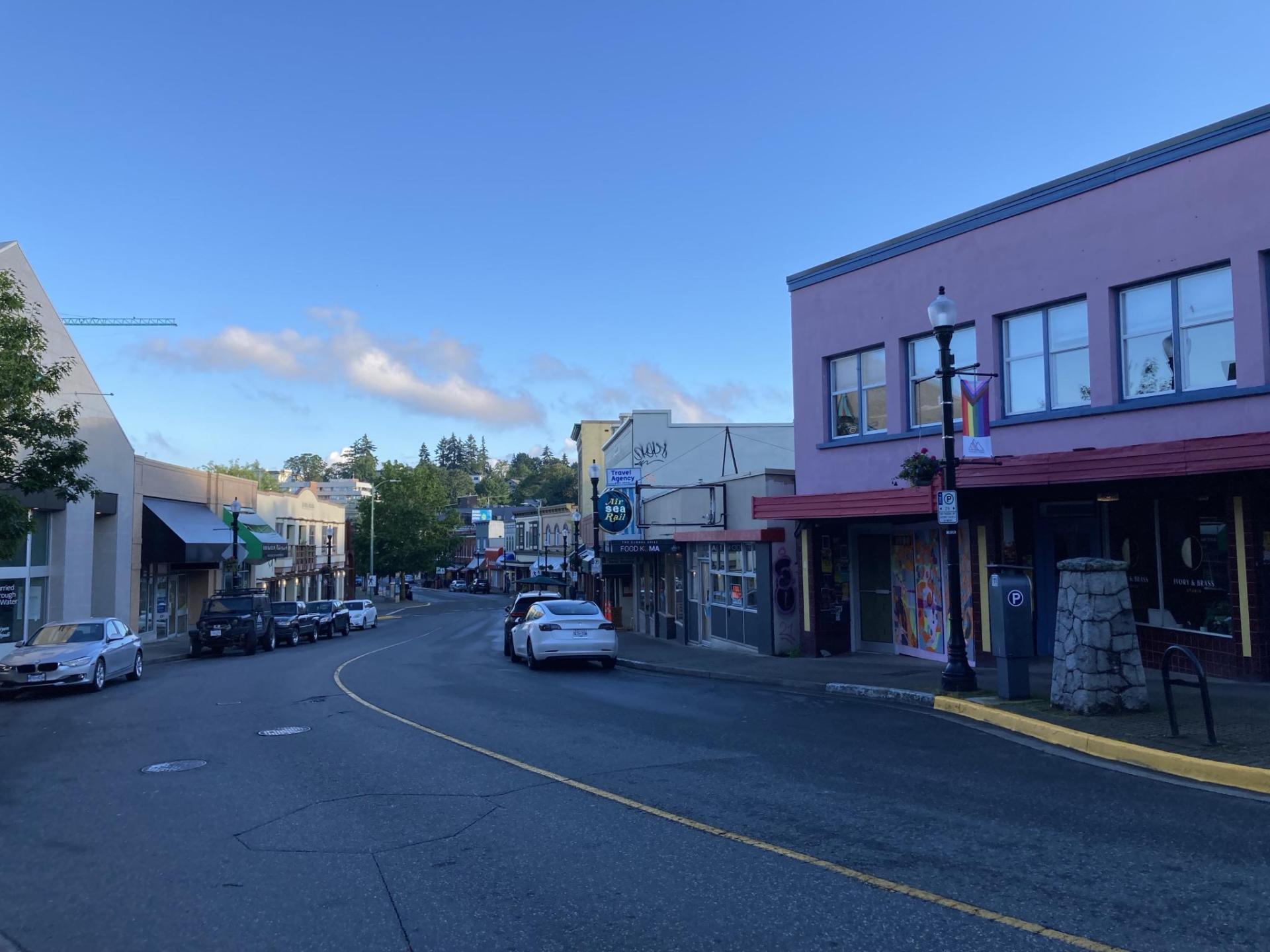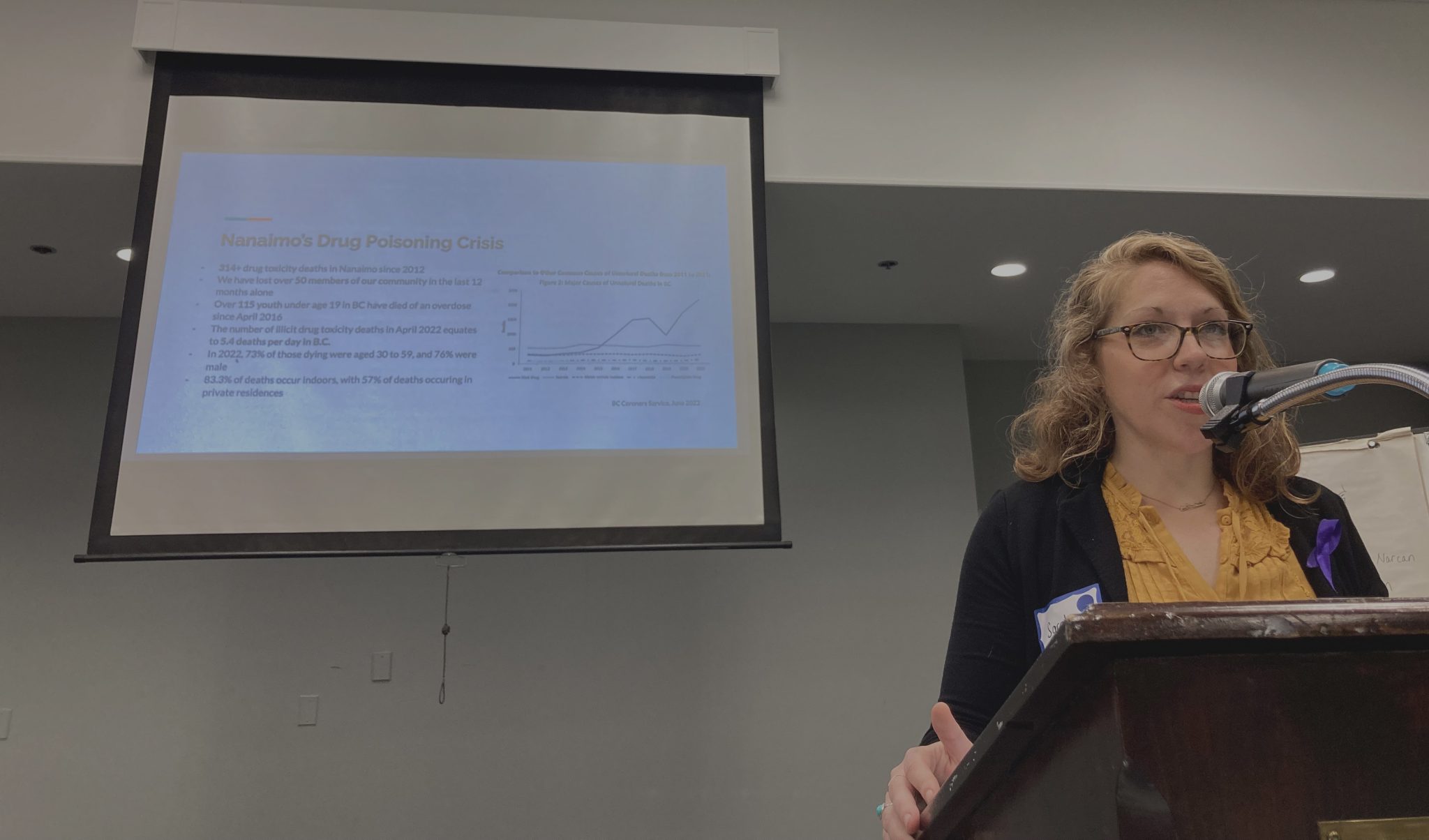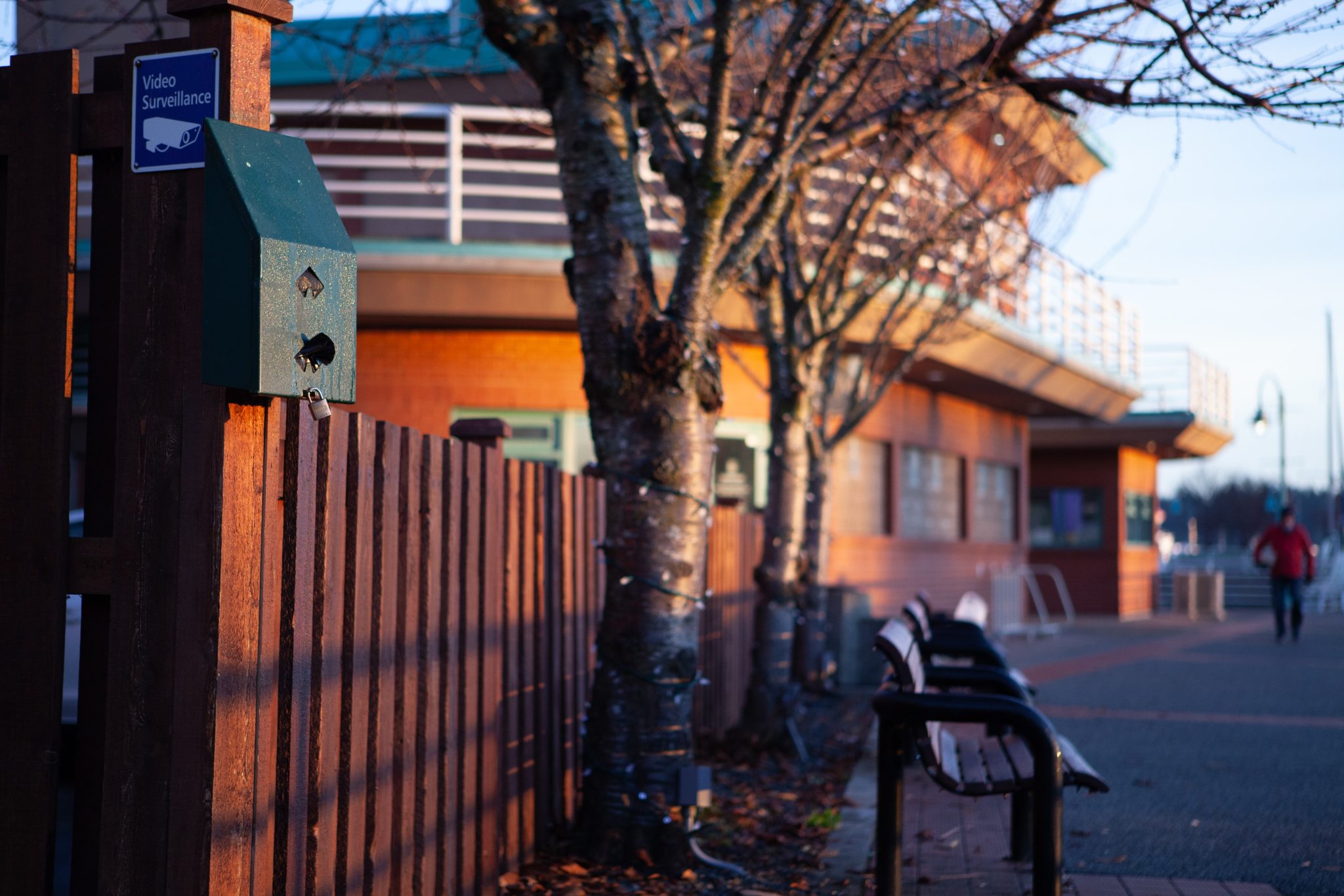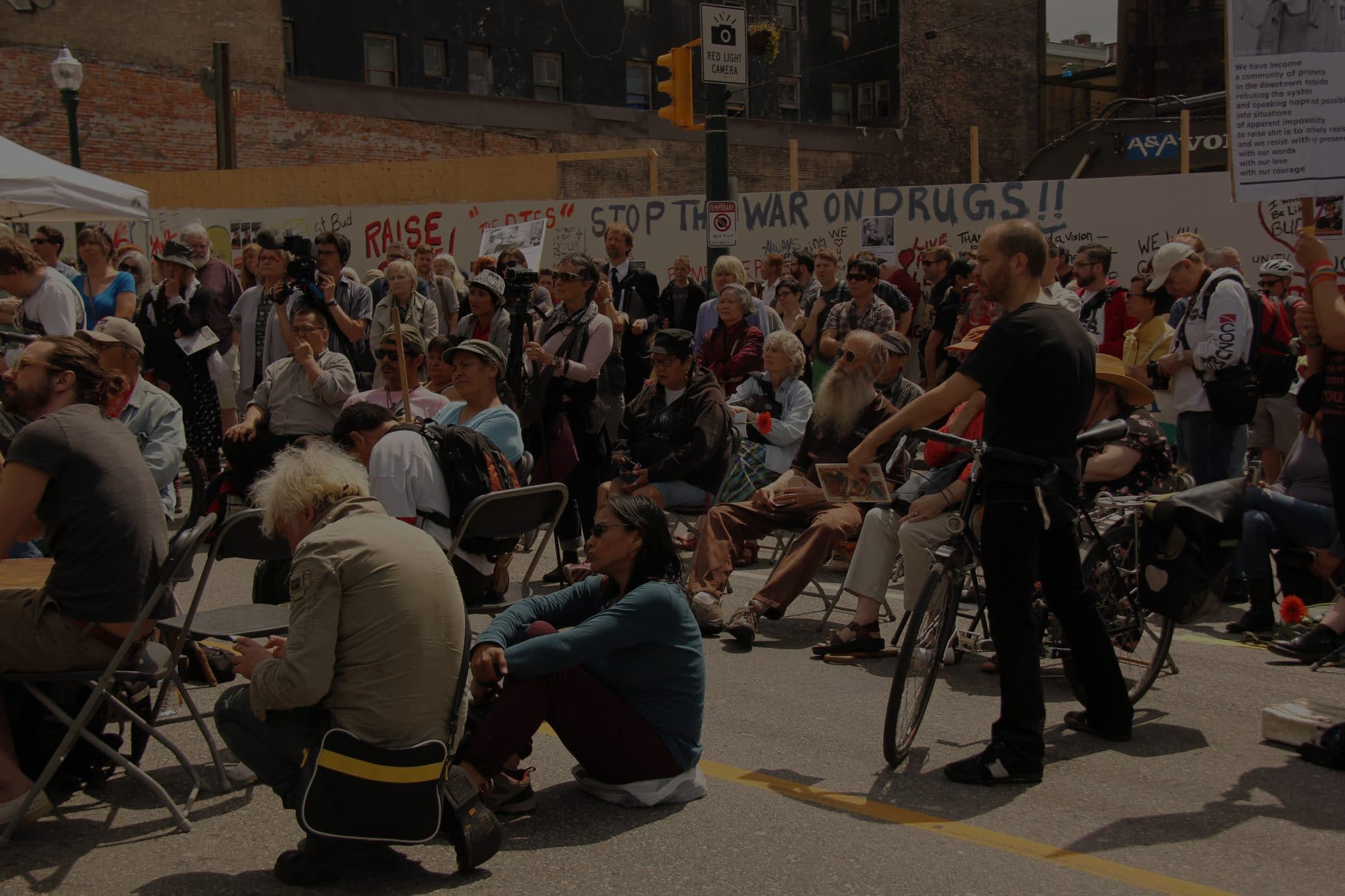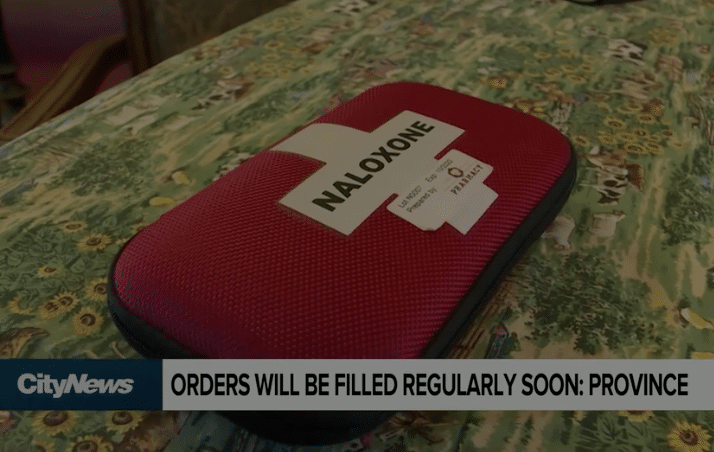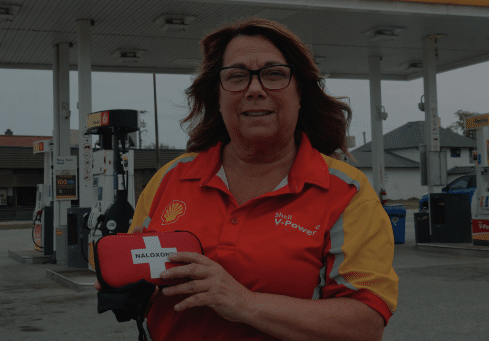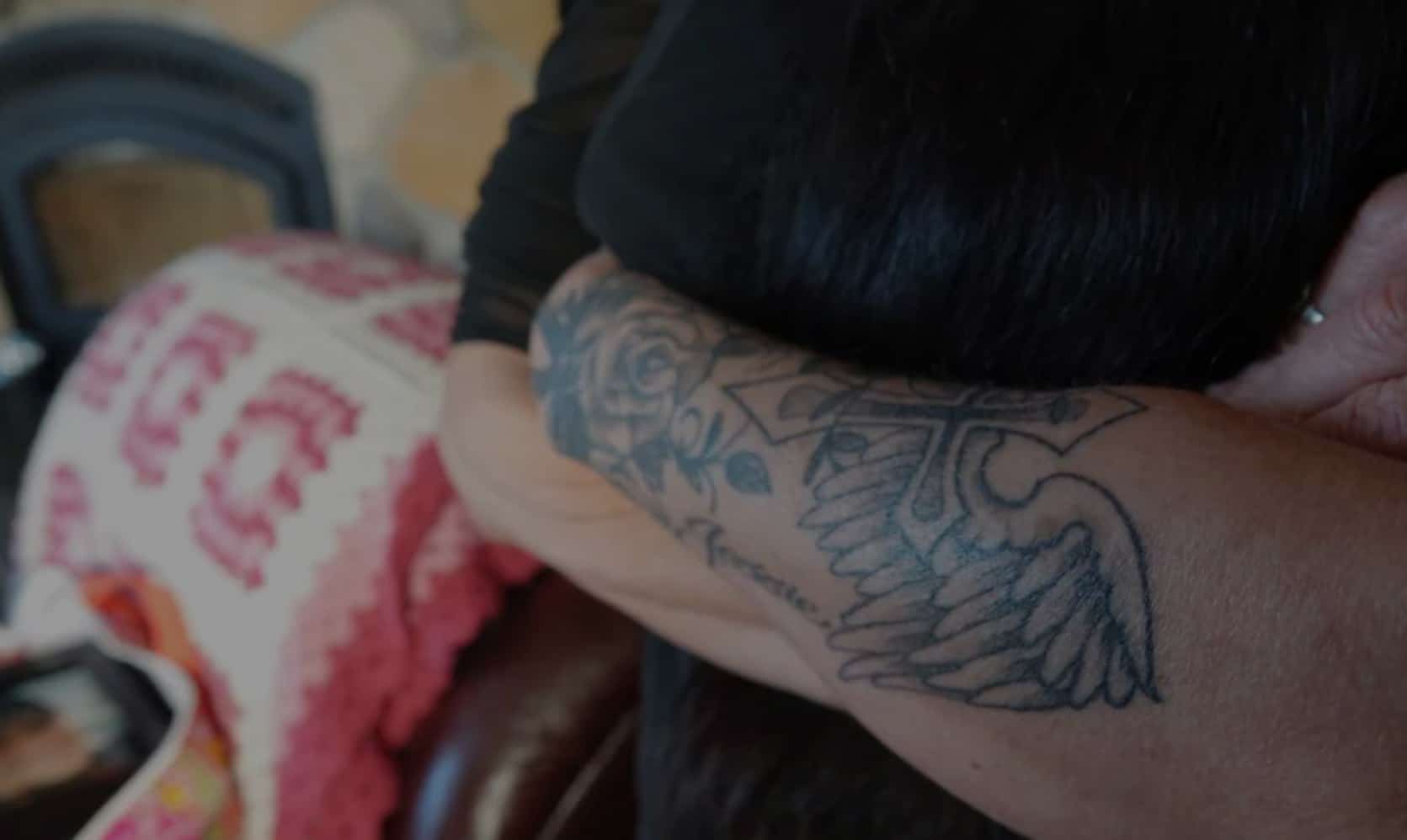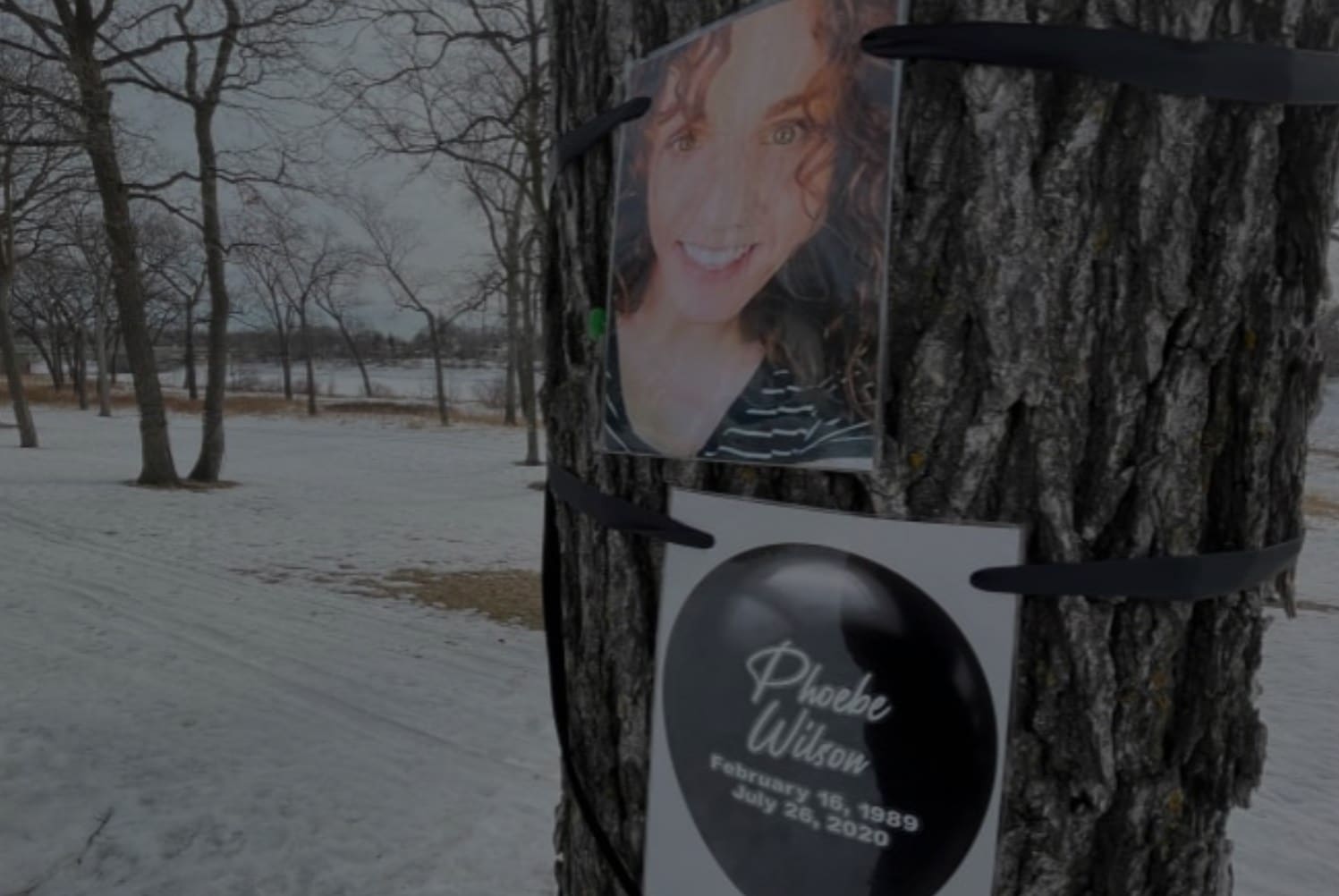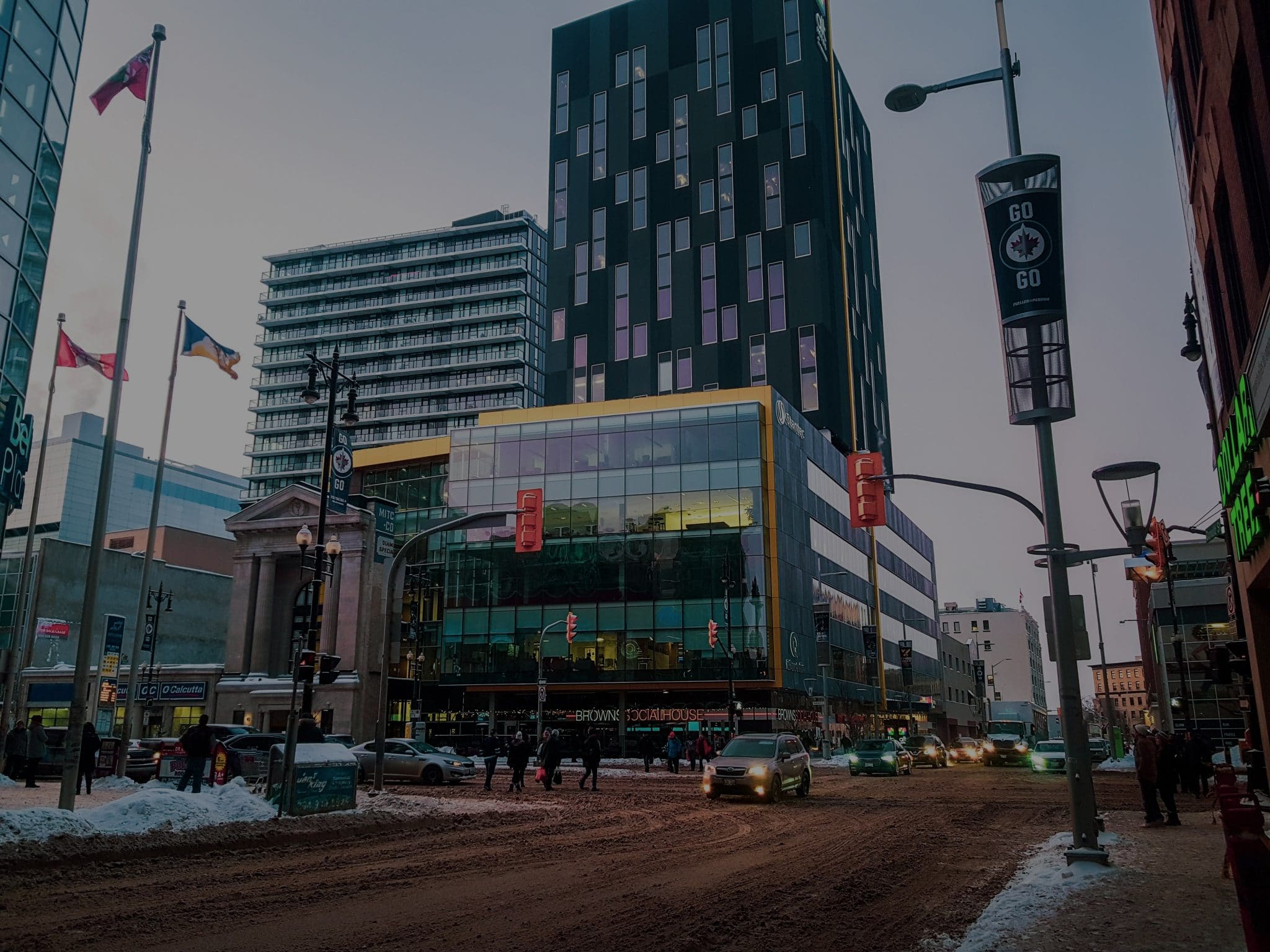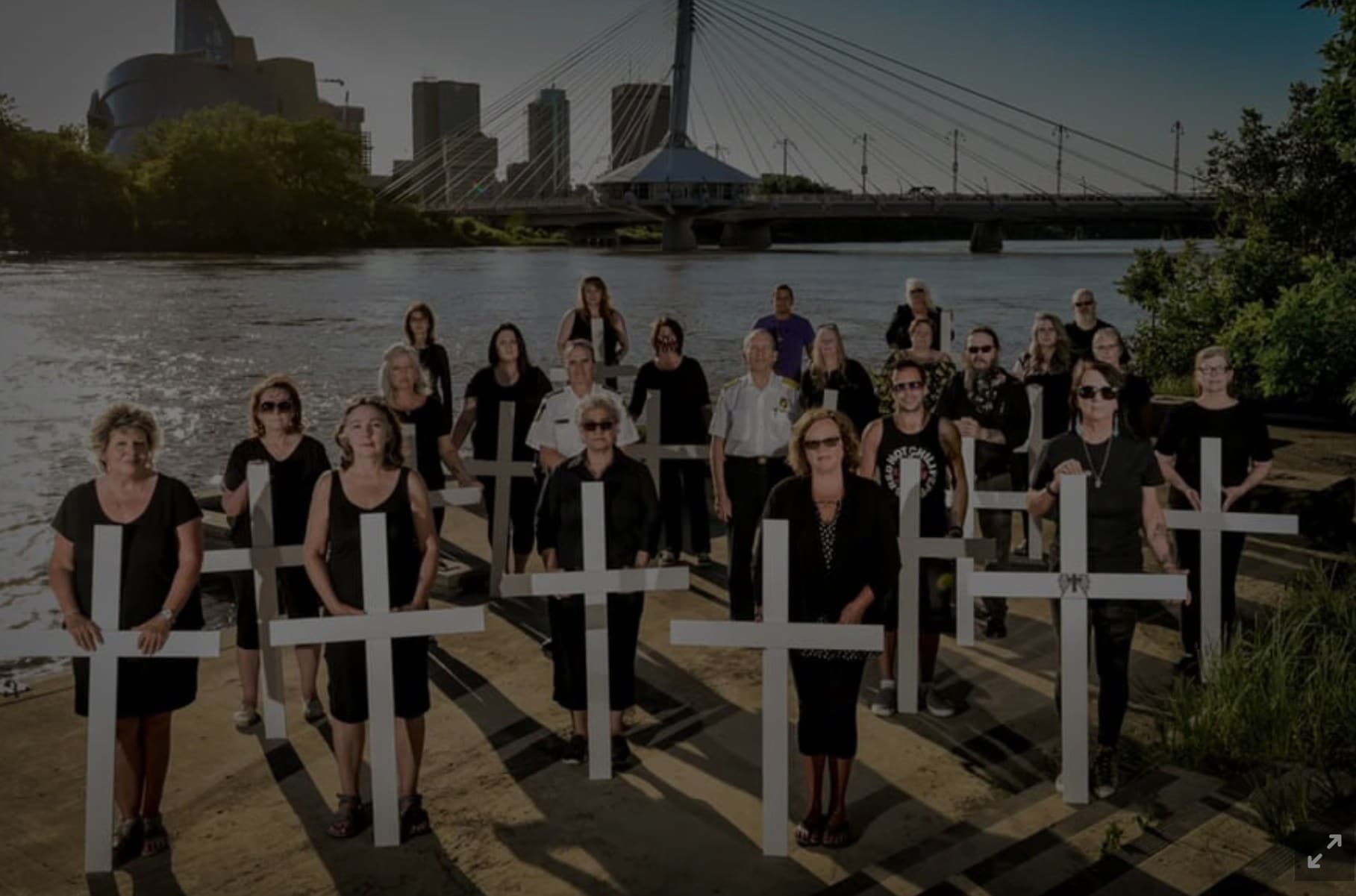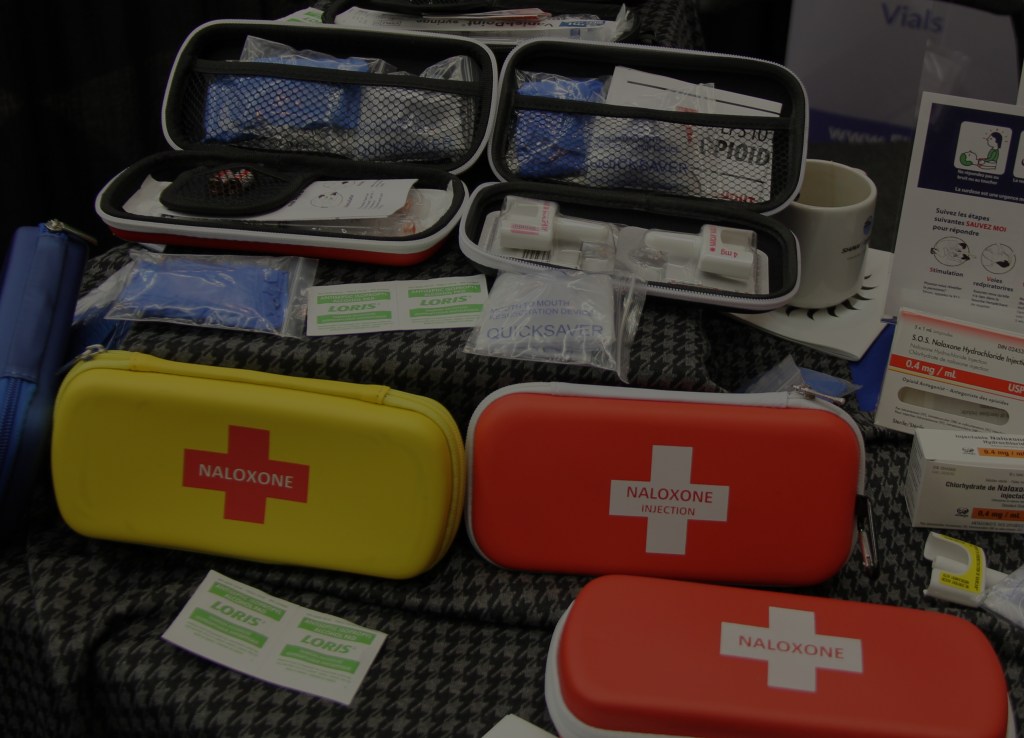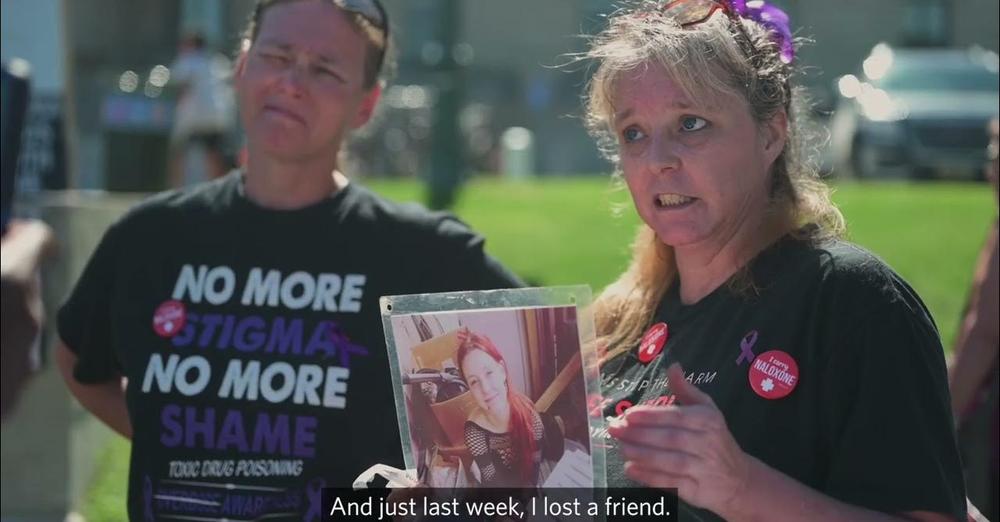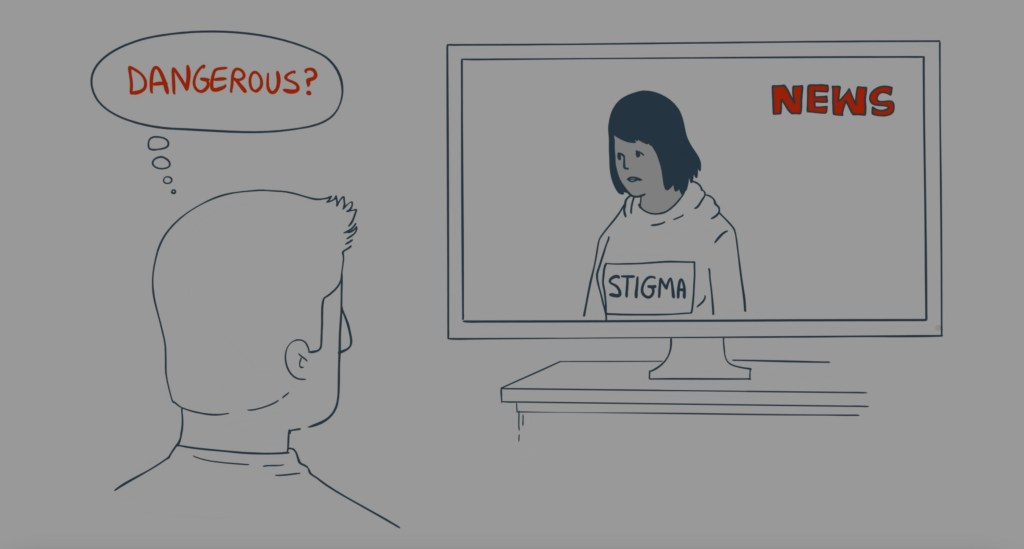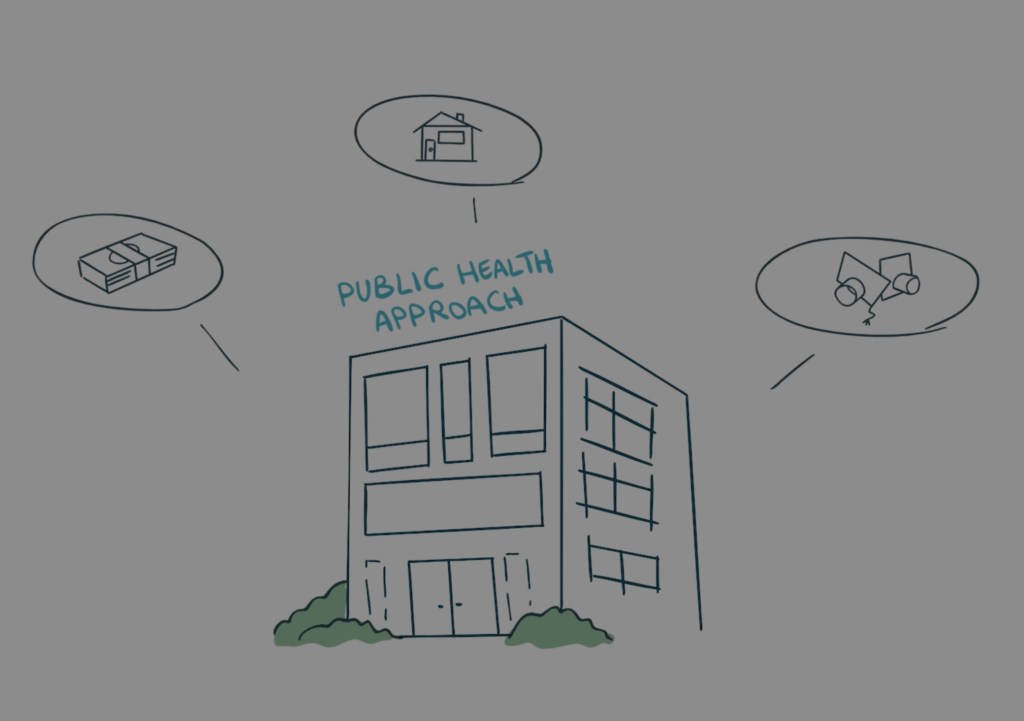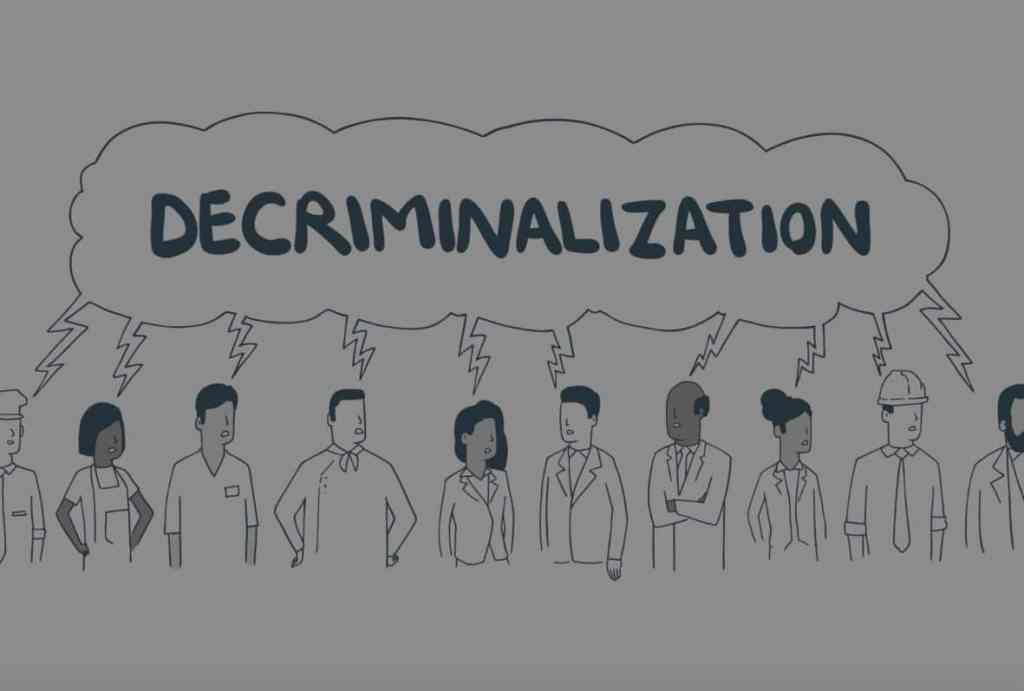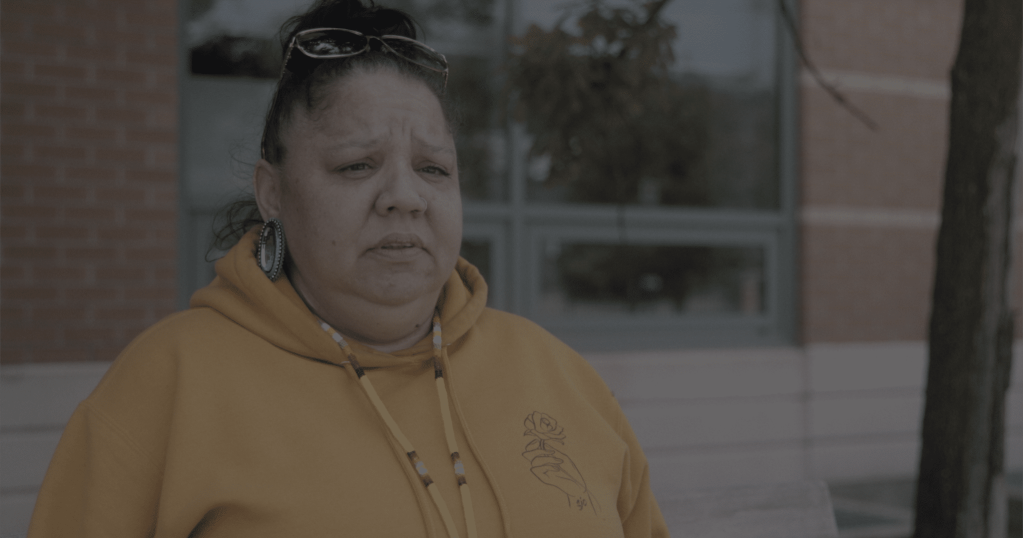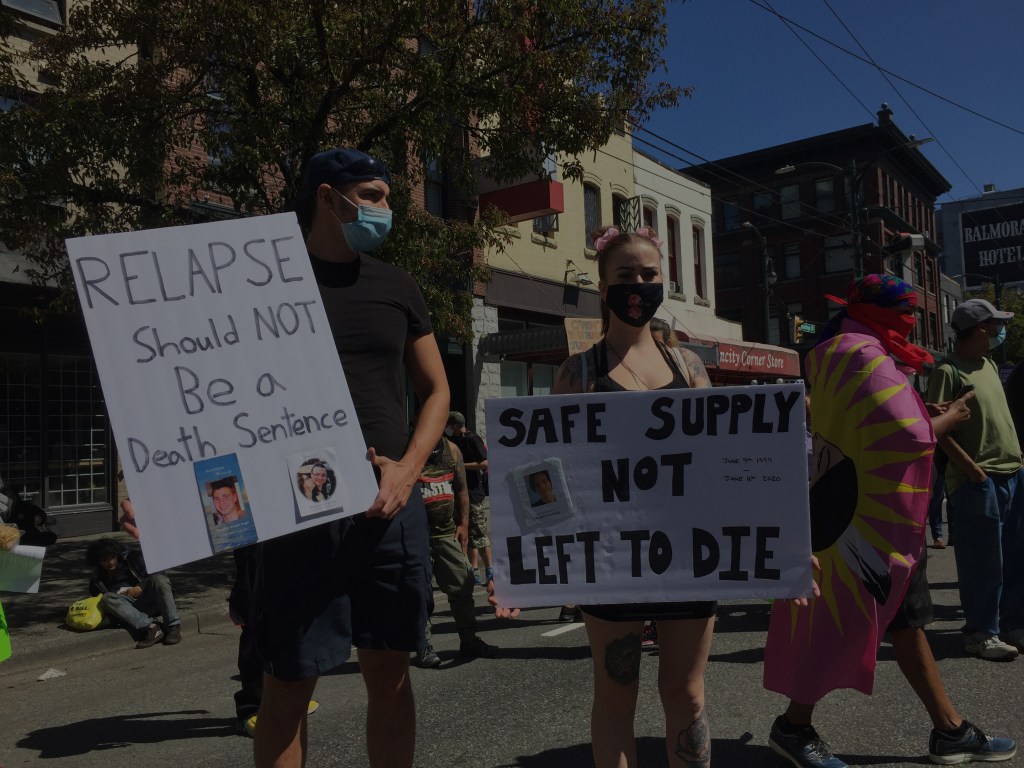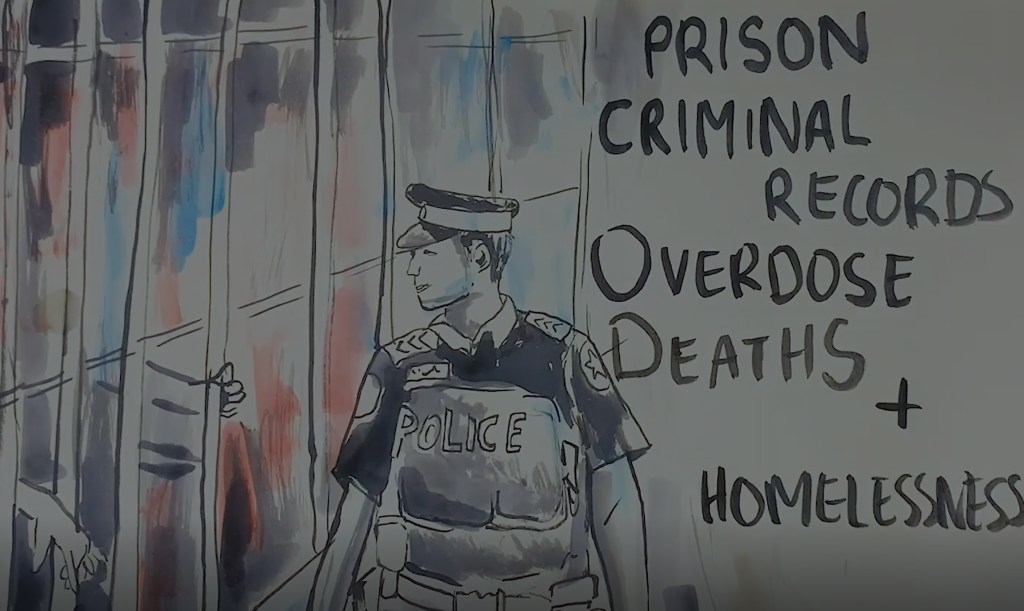Addendum:
This report was written in the autumn of 2022. Every effort was made to include, source and reference accurate information. Information was gathered both through research and through peer and community member reports and lived experience. Some information has since changed or found to be incorrect. We would like to issue the following corrections/updates:
-
MSP Withdrawal Management Services (WMS) no longer has a waitlist as of January 2023 and only had a waitlist due to pandemic numbers restricting the number of beds that could operate with physical distancing.
-
MSP has developed policy to include: more provision of resources for participants leaving and completing the program; to ensure harm reduction education and supports are part of the Withdrawal process; and MSP will also be initiating greater outreach in an effort to extend support beyond leaving/completing the program.
-
MSP is currently doing evaluations to be more inclusive in WMS spaces and make the spaces safer and more accessible for LGBTQ2SIA* individuals.
Community Partners
Support drug policies based on evidence and compassion.
Getting to Tomorrow is a project of Canadian Drug Policy Coalition. Sign up for their monthly newsletter to get updates on the project and learn more about drug policy and how you can take action for change.
